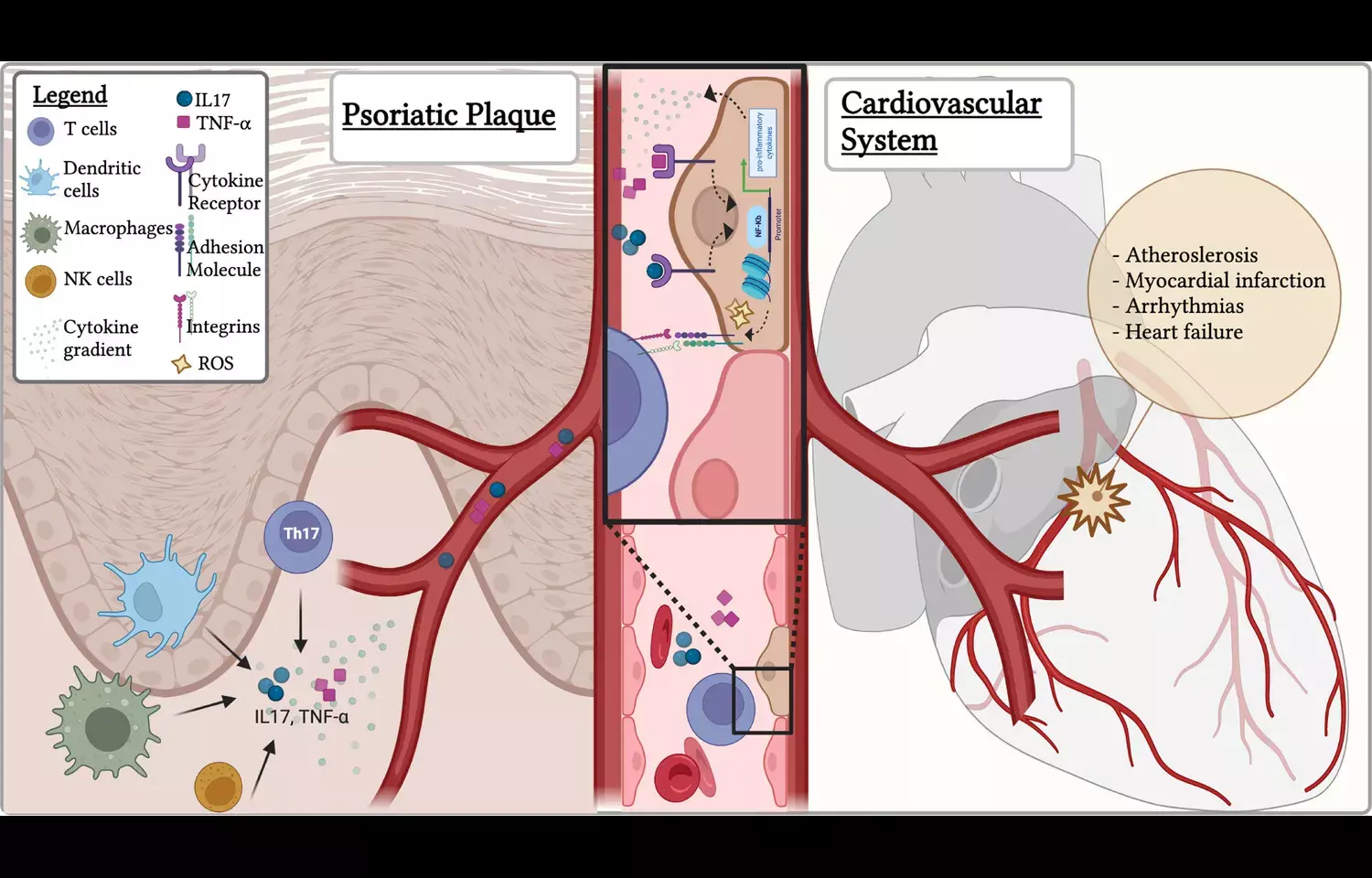- Home
- Medical news & Guidelines
- Anesthesiology
- Cardiology and CTVS
- Critical Care
- Dentistry
- Dermatology
- Diabetes and Endocrinology
- ENT
- Gastroenterology
- Medicine
- Nephrology
- Neurology
- Obstretics-Gynaecology
- Oncology
- Ophthalmology
- Orthopaedics
- Pediatrics-Neonatology
- Psychiatry
- Pulmonology
- Radiology
- Surgery
- Urology
- Laboratory Medicine
- Diet
- Nursing
- Paramedical
- Physiotherapy
- Health news
- Fact Check
- Bone Health Fact Check
- Brain Health Fact Check
- Cancer Related Fact Check
- Child Care Fact Check
- Dental and oral health fact check
- Diabetes and metabolic health fact check
- Diet and Nutrition Fact Check
- Eye and ENT Care Fact Check
- Fitness fact check
- Gut health fact check
- Heart health fact check
- Kidney health fact check
- Medical education fact check
- Men's health fact check
- Respiratory fact check
- Skin and hair care fact check
- Vaccine and Immunization fact check
- Women's health fact check
- AYUSH
- State News
- Andaman and Nicobar Islands
- Andhra Pradesh
- Arunachal Pradesh
- Assam
- Bihar
- Chandigarh
- Chattisgarh
- Dadra and Nagar Haveli
- Daman and Diu
- Delhi
- Goa
- Gujarat
- Haryana
- Himachal Pradesh
- Jammu & Kashmir
- Jharkhand
- Karnataka
- Kerala
- Ladakh
- Lakshadweep
- Madhya Pradesh
- Maharashtra
- Manipur
- Meghalaya
- Mizoram
- Nagaland
- Odisha
- Puducherry
- Punjab
- Rajasthan
- Sikkim
- Tamil Nadu
- Telangana
- Tripura
- Uttar Pradesh
- Uttrakhand
- West Bengal
- Medical Education
- Industry
Methotrexate and TNF Inhibitors Linked to Lowest Cardiovascular Risk in Psoriasis: Study

Psoriasis is a chronic inflammatory disease that affects not only the skin but also systemic health, including cardiovascular risk. Recent research has highlighted that treatment choice in psoriasis can significantly influence the likelihood of major cardiovascular events.
In a new study, methotrexate (MTX) and tumor necrosis factor inhibitors (TNFi) emerged as the safest systemic therapies with respect to cardiovascular outcomes.
The study evaluated the incidence of myocardial infarction, stroke, and cardiovascular mortality in patients receiving various systemic treatments for psoriasis. Patients treated with MTX and TNFi had a noticeably lower risk of these adverse events compared to those on other systemic agents such as cyclosporine, acitretin, or newer biologics targeting other pathways.
The findings suggest that these therapies provide cardioprotective effects, likely due to their potent anti-inflammatory properties, which help mitigate the systemic inflammation that contributes to atherosclerosis. Methotrexate, long used as a first-line systemic therapy, demonstrated not only dermatologic efficacy but also measurable cardiovascular benefit, reinforcing its role in patients with psoriasis who have elevated cardiovascular risk factors. TNFi therapies, widely used in moderate-to-severe cases and in psoriatic arthritis, also showed substantial reductions in cardiovascular events, positioning them as preferred options for patients with dual dermatologic and cardiovascular concerns. Importantly, the study highlighted that cardiovascular safety is not uniform across all systemic psoriasis treatments. Some therapies showed neutral or uncertain effects, emphasizing the need for clinicians to consider cardiovascular profiles alongside efficacy when prescribing systemic medications.
The investigators recommend that dermatologists collaborate with cardiologists in managing patients with psoriasis and comorbid cardiovascular risk factors. Additionally, they call for continued research into the mechanisms by which systemic anti-inflammatory therapies reduce cardiovascular risk and long-term outcomes associated with prolonged use.
Reference
Doe, J., Lee, A., & Chen, R. (2025). Comparative cardiovascular risk of systemic therapies in psoriasis: A population-based study. Journal of the American Academy of Dermatology. Advance online publication. https://doi.org/10.1016/j.jaad.2025.01.999
Dr. Shravani Dali has completed her BDS from Pravara institute of medical sciences, loni. Following which she extensively worked in the healthcare sector for 2+ years. She has been actively involved in writing blogs in field of health and wellness. Currently she is pursuing her Masters of public health-health administration from Tata institute of social sciences. She can be contacted at editorial@medicaldialogues.in.
Dr Kamal Kant Kohli-MBBS, DTCD- a chest specialist with more than 30 years of practice and a flair for writing clinical articles, Dr Kamal Kant Kohli joined Medical Dialogues as a Chief Editor of Medical News. Besides writing articles, as an editor, he proofreads and verifies all the medical content published on Medical Dialogues including those coming from journals, studies,medical conferences,guidelines etc. Email: drkohli@medicaldialogues.in. Contact no. 011-43720751


